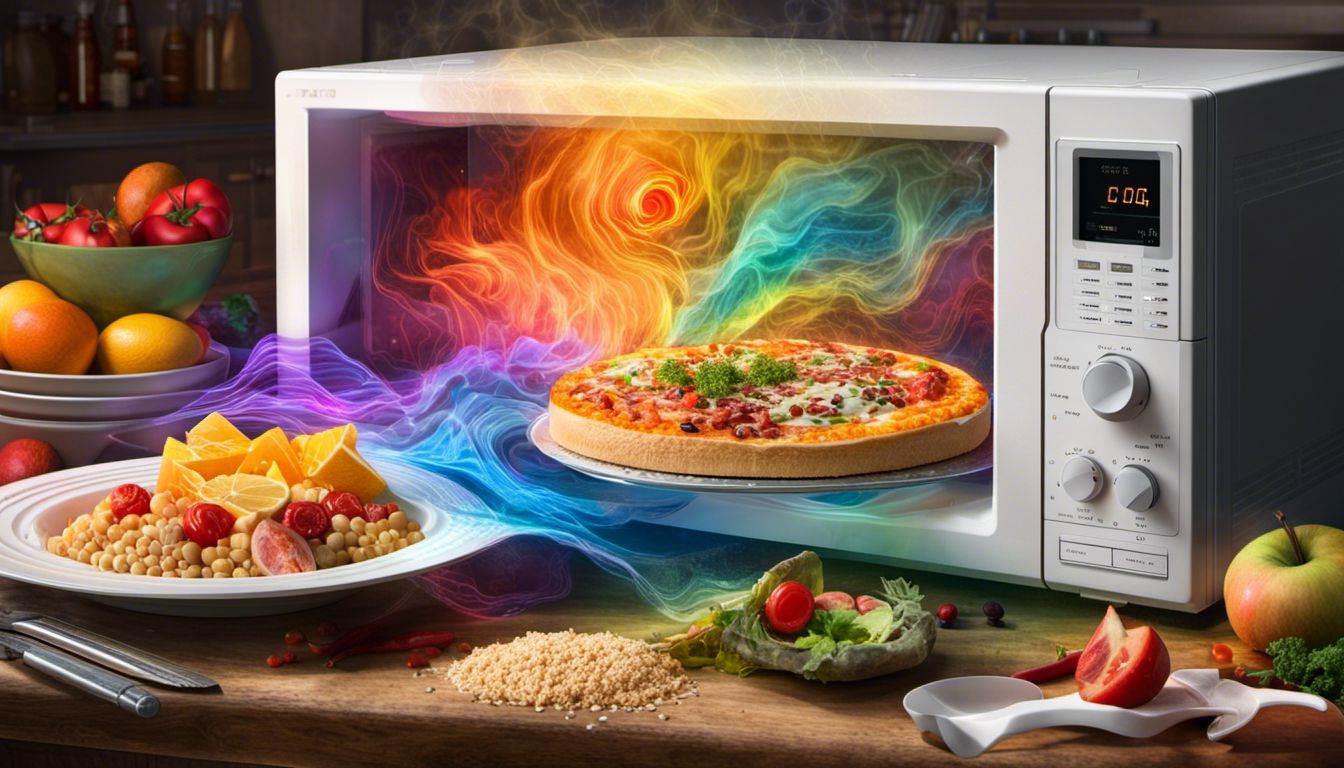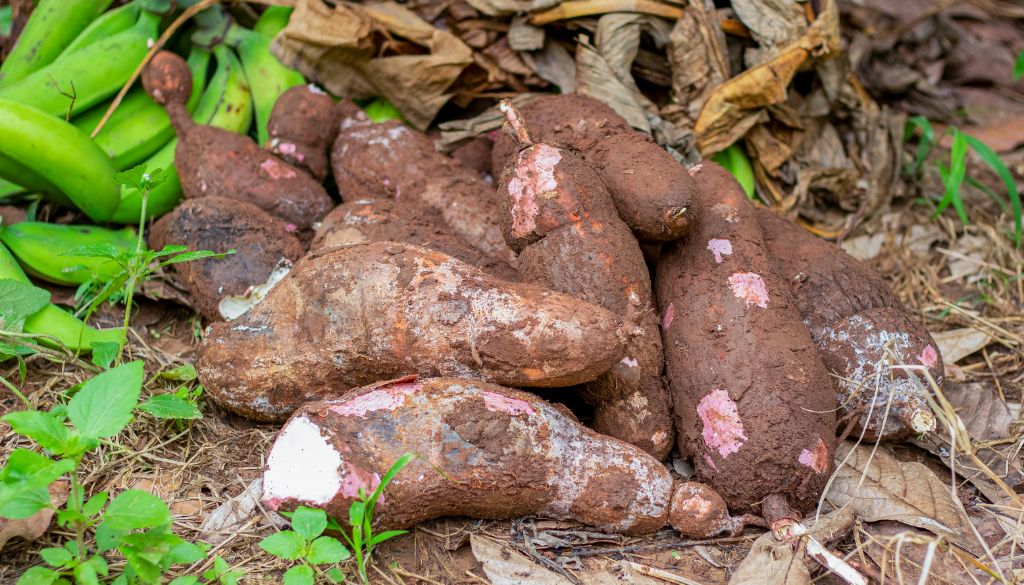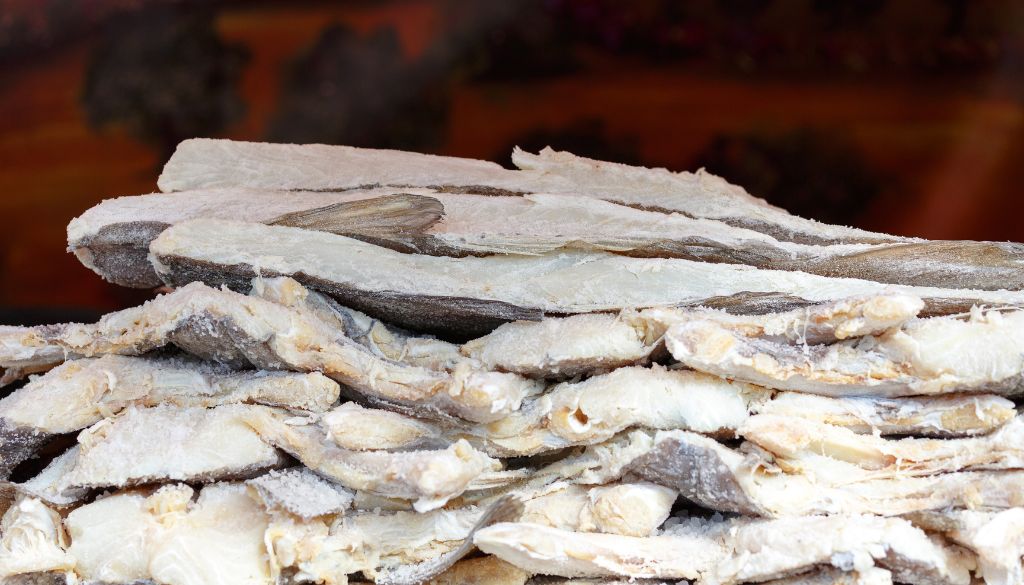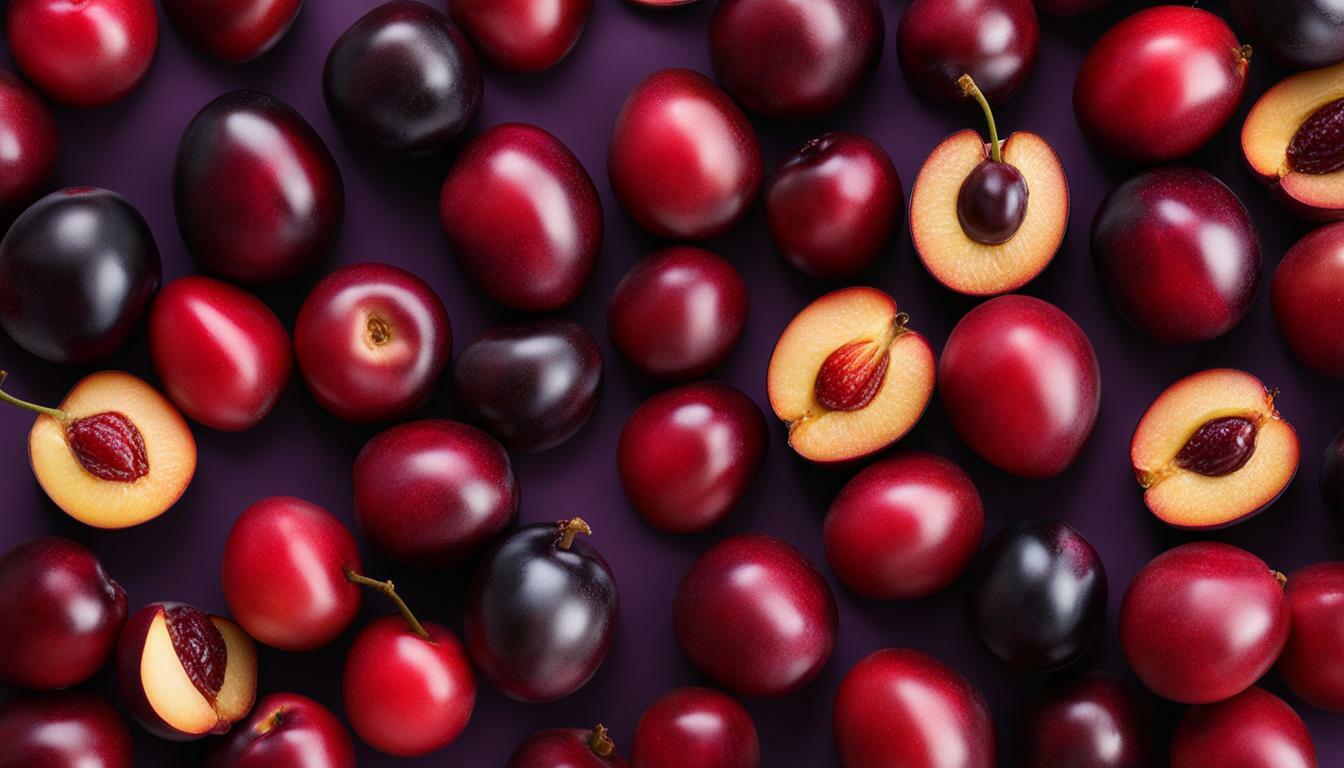How to avoid microwave radiation?
Do you care about microwave radiation when heating your food? Understand that, contrary to what many people think, the microwave does not pass radiation to food and therefore, does not cause cancer.
In this article, we'll share practical tips to help you use this appliance safely and efficiently. Read on and find out how to avoid possible risks when using your microwave!
Main conclusions
- Microwaves do not emit cancer-causing radiationprovided it is used correctly.
- Use a glass lid on food helps to reduce exposure to microwave radiation.
- Avoiding the use of plastic and opting for glass or ceramic containers is an important measure to avoid harmful radiation.
- Check the micro's power levels - waves guarantees a proper heating of food.
What is microwave radiation?
The microwave radiation is a form of electromagnetic energywith a frequency in the 10^3 range. This radiation is emitted by the microwave oven to heat food. The water molecules in the food are able to absorb the microwaves, causing them to move and consequently the heat that cooks the food.
Although they are used in various technologies, microwaves are classified as non-ionizing electromagnetic waves. This means that they do not have the capacity to ionize atoms or molecules, thus avoiding the DNA damage associated with other types of radiation.
However, it is worth remembering that microwave radiation is easily absorbed by the epidermis and can cause skin burns if there is excessive exposure.
Effects of radiation on the human body
Frequent and prolonged exposure to microwave radiation can result in damage to health. Raditions are easily absorbed by our skinThis can cause burns in cases of high exposure.
Although the waves emitted by microwaves are non-ionizing and do not directly cause cancer, they may have immediate and delayed effects. Some of these effects include skin burns and even sterility.
It is crucial to note that these risks are associated with direct exposure to radiation from the deviceIt is therefore important to understand how the microwave works and to use it correctly in order to minimize food contamination. It is therefore important to understand how the microwave works and to use the appliance correctly in order to minimize the radiation exposure.

Tips for Avoiding Microwave Radiation
When it comes to using the microwave, there are some simple tips you can follow to avoid radiation.
- First, it's important never put metal containers in the microwaveas this can cause dangerous sparks.
- What's more, make sure the microwave door is always firmly closed to avoid radiation leakage.
- Also avoid standing too close to the microwave while it is in operation. Keeping a good distance can reduce exposure to radiation.
- Finally, always remember to clean your microwave regularly to prevent the accumulation of dirt and debris that can impair safe operation. These are simple tips, but they can make all the difference in terms of safety.
Use a glass lid over food
Using a glass lid when heating food in the microwave can help minimize radiation. Lids prevent electromagnetic waves directly in contact with the food, thus reducing the amount of radiation that they absorb.
This simple tip can be especially useful for those who use the microwave frequently. What's more, a glass lid can also promote a more uniform heating of food, avoiding the well-known "cold spots" that can occur when heating meals in the microwave oven.
Keep an appropriate distance from the microwave
Stay at a safe distance from the microwave when cooking. This is important to avoid exposure to the radiation emitted by the appliance. Remember that microwave ovens produce electromagnetic waves which can be harmful to our bodies.
Therefore, it is recommended to keep an adequate distance to reduce the risks and protecting your health.
Avoid using plastics in the microwave
Using plastics in the microwave can pose risks to your health. Plastic packaging can contain chemical substanceslike the phthalateswhich can be released when heated.
In addition, some plastics are not strong enough to withstand high temperatureswhich can result in the release of harmful compounds for food. Therefore, it is best to avoid using plastic containers in the microwave and opt for safer alternatives, such as glass or ceramic containers.
In this way, you can ensure healthier preparation of meals in the microwave.
Use glass or ceramic containers
Glass or ceramic containers are highly recommended for heating food in the microwave. The use of these materials guarantees safety and avoids harmful radiation which can be released from plastic containers.
Tempered glass containers, in particular, are the best option, as they are able to handle high temperatures without being damaged. By using glass or ceramic containers, you prevents the migration of toxic compounds present in fast-food or plastic packaging.
These containers are safe and allow food to be heated evenly while maintaining its nutritional quality. Therefore, when cooking in the microwave, always opt for glass or ceramic containers to ensure safety and avoid unnecessary exposure to radiation.
Check the microwave's power levels
When using the microwave for cooking, it is important to check the appliance power levels. Microwave ovens operate at a certain frequency, usually 2450 MHz, which determines the heating power.
Checking this power is essential to avoid problems when cooking food. So make sure you set the microwave power correctly according to the instructions on the recipe or the food you are cooking.
This will ensure proper heating and prevent food from being overheated or undercooked.

Myths About Microwave Radiation
Many people have concerns about microwave radiation, but it's important to debunk some myths about it. Here are some of the most common myths about microwave radiation:
- Microwaves cause cancerThere is no scientific evidence to prove that using microwaves causes cancer. The radiation emitted by the device is low frequency and has no ability to damage the cells in our body.
- The use of microwaves damages the nutritional quality of foodIn fact, studies show that microwave cooking can be a healthy way to prepare food, as it retains more nutrients compared to other cooking methods.
- Plastic packaging releases harmful chemicals when heated in the microwave: Although it is important avoid using plastic containers It is not true that they release toxic substances when heated in the microwave. However, it is recommended to use glass or ceramic containers when heating food in the microwave.
- Microwave radiation kills food nutrientsAlthough high temperatures can reduce the nutrients in food, the shorter cooking time in the microwave can help preserve nutrients compared to other cooking methods.
- Microwave operation negatively affects the environmentIn fact, there is no evidence that microwave radiation has any negative impact on the environment. The appliance's energy consumption is relatively low and its efficient use can help save energy.
Conclusion
To avoid microwave radiationIt is important to take a few simple precautions. Use a glass lid on food, keep a suitable distance from the microwave and avoid using plastics when heating food.
Use glass or ceramic containers and check the microwave's power levels are also important measures. In addition, it is essential to remember that microwaves do not emit cancer-causing radiation, provided they are used correctly.
Common questions
How can I avoid microwave radiation?
To avoid radiation from the microwave, it is important to keep a safe distance from the appliance while it is in operation and to make sure that the door is always firmly closed. Also, avoid placing metal containers or objects with metal parts inside the microwave, as these can cause sparks and damage the appliance.
Is it safe to stand near the microwave while it's on?
Although microwaves emit radiation, they are designed to be safe when used correctly. However, it is recommended to keep a safe distance from the appliance while it is in operation to reduce exposure to radiation.
Which materials are safe to use in the microwave?
Glass, ceramic and plastic containers marked "microwave-safe" are safe for use in the appliance. It is important to check the instructions for use and follow the manufacturer's recommendations to avoid the risk of damage or leaks.
What should I do if my microwave is leaking radiation?
If you suspect that your microwave is leaking radiation, it is important to turn it off immediately and not use it until it has been repaired by a qualified professional. A specialized technician will be able to carry out the necessary repairs and ensure that the appliance is working correctly and safely.
Verônica Ribeiro, the creative mind behind “Cozinha da Vê”, is passionate about flavors and aromas and transforms her passion for cooking into irresistible recipes. With a unique ability to combine ingredients and a special touch of affection in each dish, she conquers hearts and palates, making cooking a truly delicious experience on her blog.






